President Gustavo Petro signed the law regulating the conduct of polls: this is how he will act ahead of the presidential elections.

President Gustavo Petro signed the law regulating the conduct of surveys. The initiative was approved in the final week of the last Congressional session and seeks to establish measures regarding the development, publication, and dissemination of surveys.
The bill's approval was confirmed by Interior Minister Armando Benedetti, who stated that he had promoted a similar bill when he was a congressman.
“ The Survey Law, which regulates surveys and their publication, strengthens @CNE_COLOMBIA's oversight of them, has been passed . It is a parliamentary initiative of several congressmen, including @ClaraLopezObre, @AngelicaLozanoC, and @PalomaValenciaL. Along with @Rodrigo_Lara_, we had introduced a very similar law when we were congressmen,” Benedetti wrote.
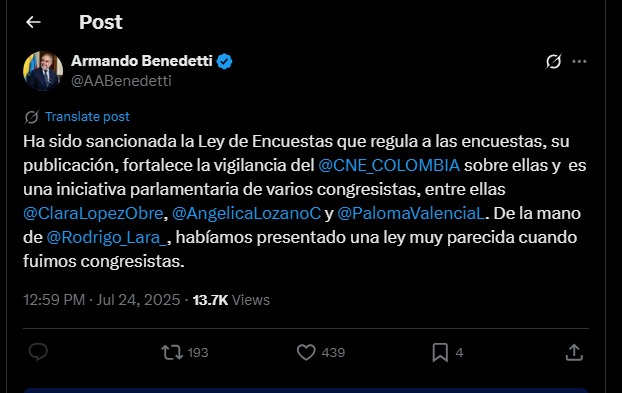
This was Minister Armando Benedetti's tweet regarding the passage of the polling law. Photo: X Armando Benedetti
The project was led by senators Paloma Valencia (Democratic Center), Clara López (Historic Pact) and Angélica Lozano (Green Alliance), and had as its rapporteur representative Juan Sebastián Gómez (New Liberalism).
“ Very good news! After months of hard work, we reached a rigorous, technical, multi-party agreement to more rigorously evaluate the polls that measure voting intentions in our country. Democracy wins, statistics win,” Senator López said.
Key articles and controversy The initiative has generated controversy due to the measures it will implement ahead of the presidential and congressional elections. The bill aims to "regulate the conduct and dissemination of surveys for elected officials and political opinion polls, in order to guarantee equal access to information and data transparency, in order to increase reliability and technically strengthen the application of these research techniques throughout the country."
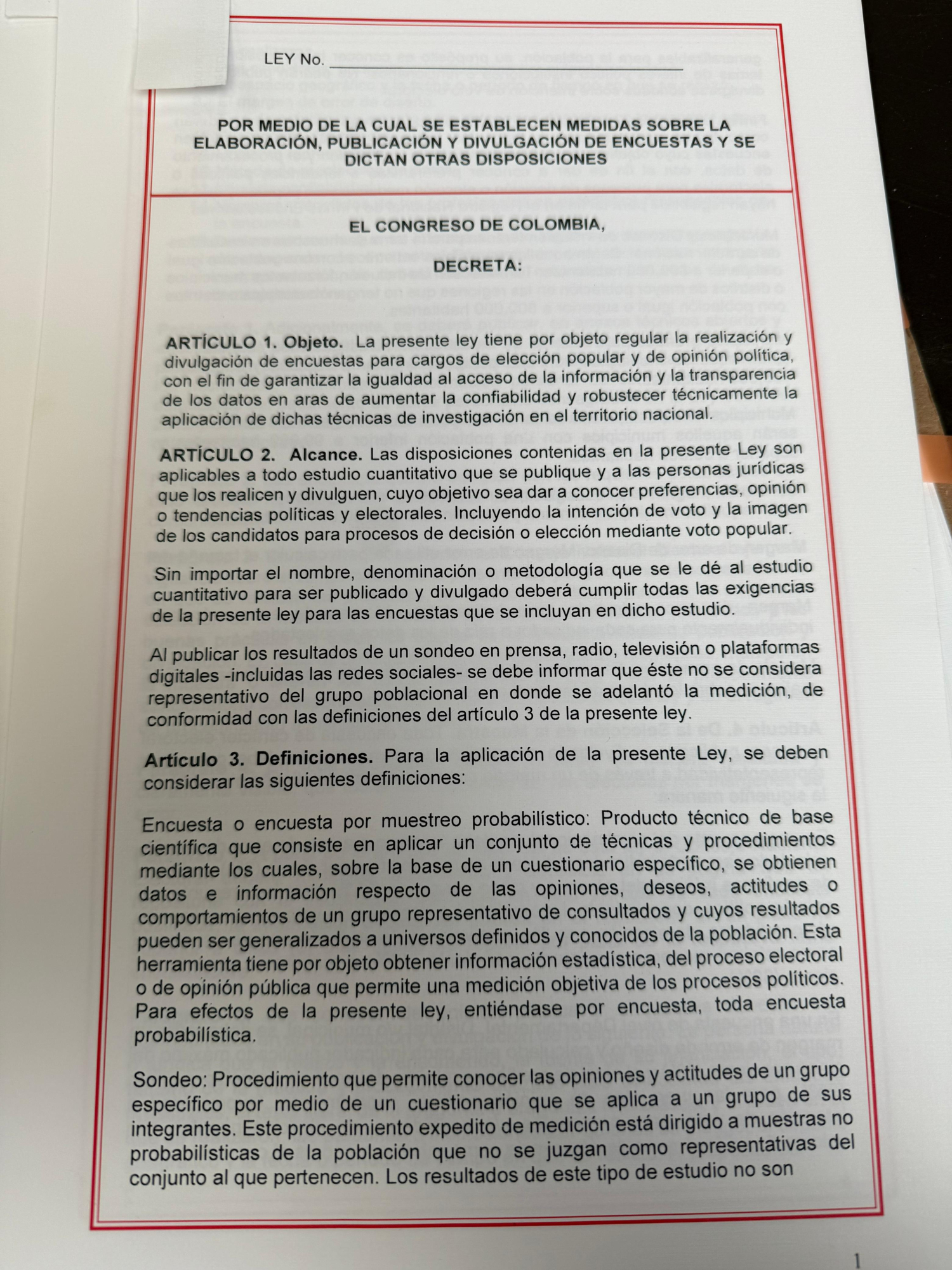
Survey Bill Photo: Archive
One of the articles that has attracted the most attention is the fifth article, which deals with surveys of knowledge, political favorability, opinion, and voting intention.
" When investigating knowledge, favorability, or opinions regarding politicians or public figures eligible for election to a single-member constituency, candidates with significant public standing or notoriety, those who have participated in similar previous elections, and those with clear recognition or favorability must be included," the reconciled text reads.
What has generated controversy are the restrictions on voter intention surveys, which can only be conducted starting three months before the first day of candidate registration. This means that surveys can only be published until October 31, 2025. Once the registration period closes, all candidates registered for that election must be included.
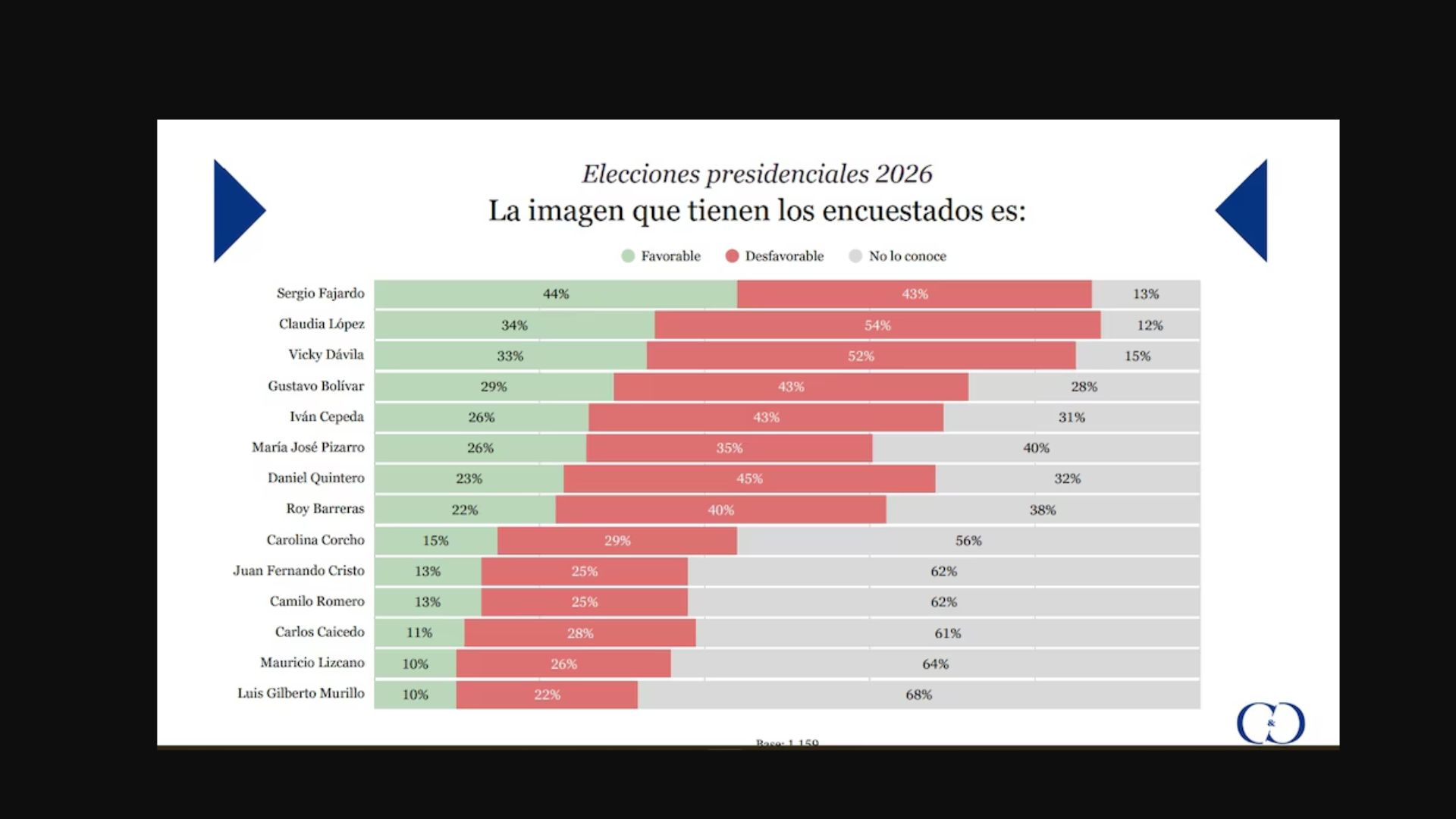
The bill regulates the creation of surveys. Photo: Figures and Concepts Survey
For some experts, this could reduce the quality of public debate and diminish the ability to monitor opinion trends.
EL TIEMPO consulted with Senator López, one of the authors, who stated that the law seeks to establish technical standards to guarantee the transparency and quality of surveys that measure public opinion in the political context.
“Article 5 does not limit monitoring to general public opinion. (...) For the 2026 presidential elections, the date would be November 1, 2025. It is important to note that the restriction applies exclusively to voting intentions. Polls on image, favorability, or management can be released at any time,” stated the congresswoman from the Historic Pact.
He added: "This regulation seeks to adjust the public measurement of voting intentions to the stages of the electoral calendar, that is, to when the election is legally in 'election mode.' This ensures that voting intentions are measured when there is greater clarity about the potential candidates , prevents the instrumentalization of polls at premature stages, and protects fairness among candidates."
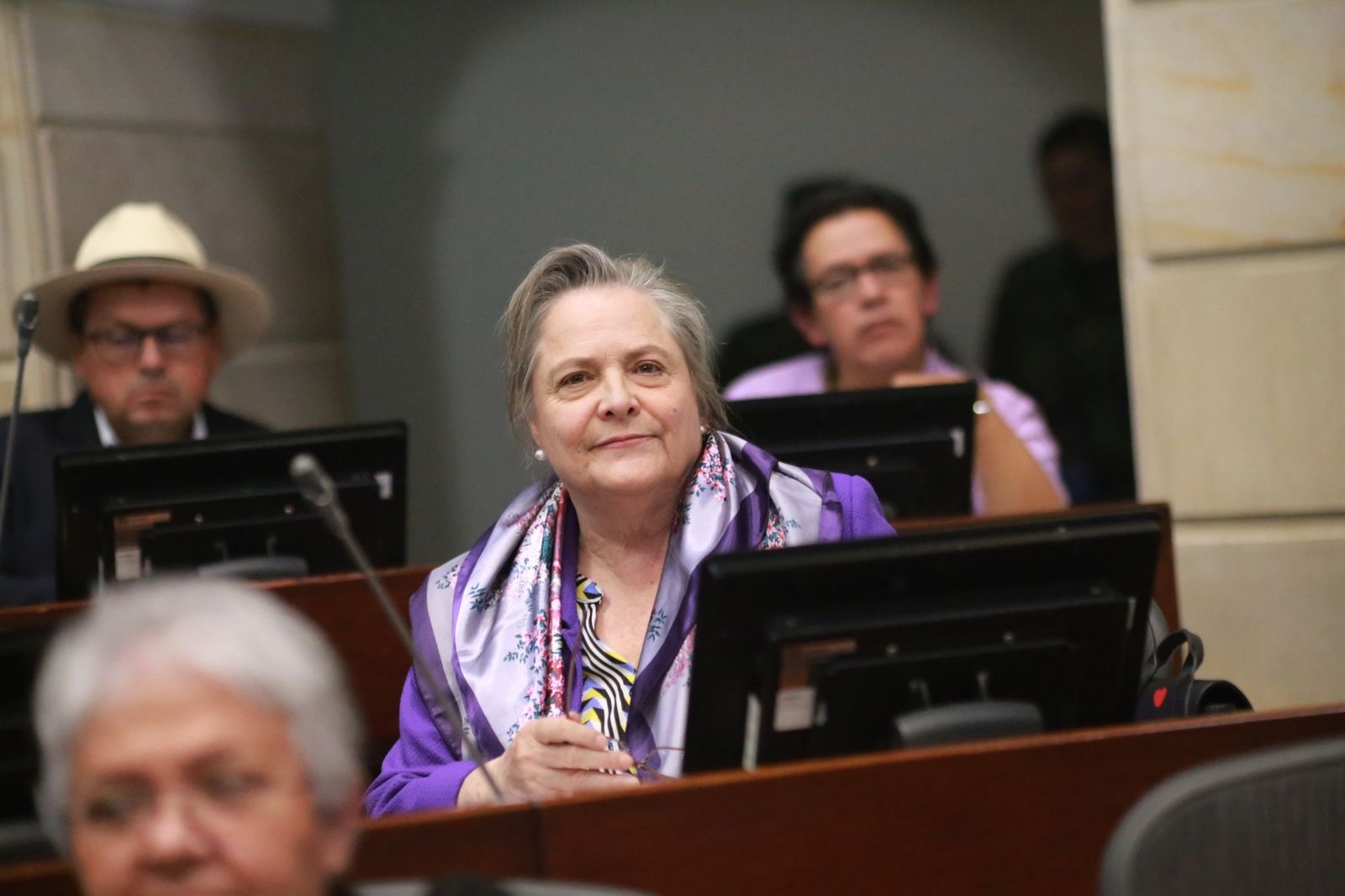
Clara López Obregón is one of the authors of the initiative. Photo: @ClaraLopezObre
Likewise, the National Electoral Council's (CNE) oversight of question formulation, sample selection, data accuracy, and best practices, as well as potential sanctions for manipulation, has been scrutinized .
"The CNE will maintain a public and updated repository on its website with the information from each published survey , within a period of no more than five days after its report," the bill states.
Regarding this article, López asserted that the CNE has had this role since the 1990s. He also stated that the law does not grant it any new functions.
"Today, surveillance is carried out by officials without technical training. With this law, it will be possible to audit not only the technical data sheet, but also the fieldwork , sampling methods, and data processing, to ensure the results are reliable," he asserted.
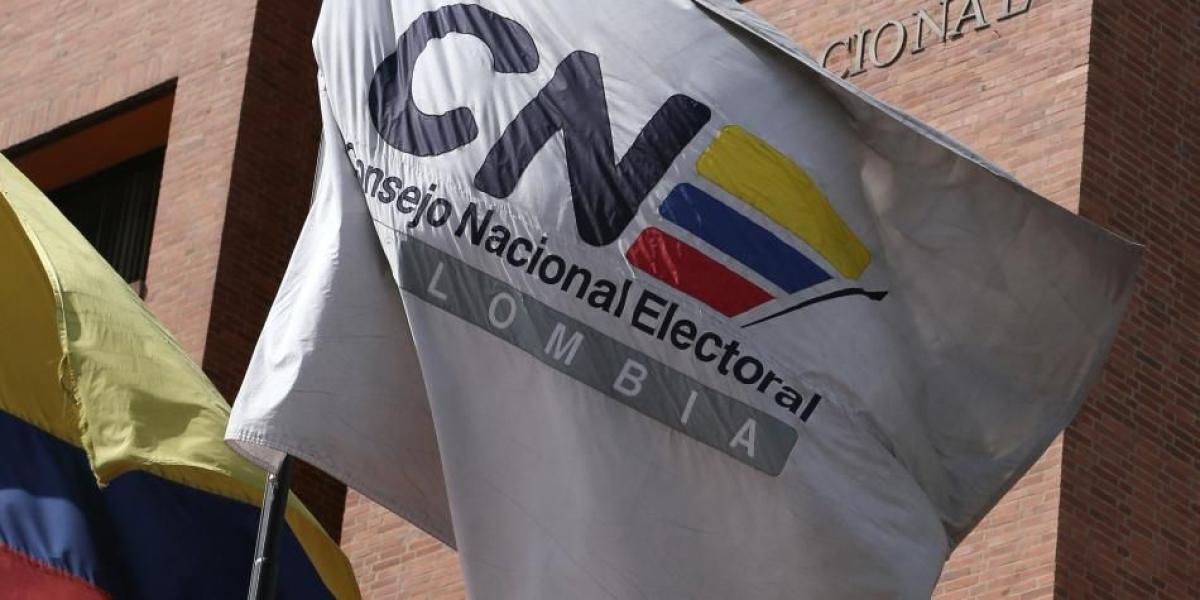
CNE Photo: EL TIEMPO
Along the same lines, it is established that only polling firms registered with the National Electoral Council (CNE) may conduct electoral surveys for publication purposes . "Pollstaking firms registered with the CNE, their legal representatives, and board members may not make contributions to political campaigns," it states.
Another article that has drawn attention is article 12, which addresses the auditing and traceability of data, as polling firms must submit to the CNE:
- Information contained in article 6 (technical sheet).
- Calculation and justification of sample size and design.
- Computer code used to process the data.
- Primary records: questionnaires, data files, recordings, etc.
- Internal audit results.
- Household surveys: must include code that allows replication of sample selection.
- Telephone surveys: must describe the procedure and list of numbers.
For some analysts, the issue surrounding the provision of information and the list of numbers could put the privacy of personal data at risk.
Maria Alejandra Gonzalez Duarte
eltiempo





